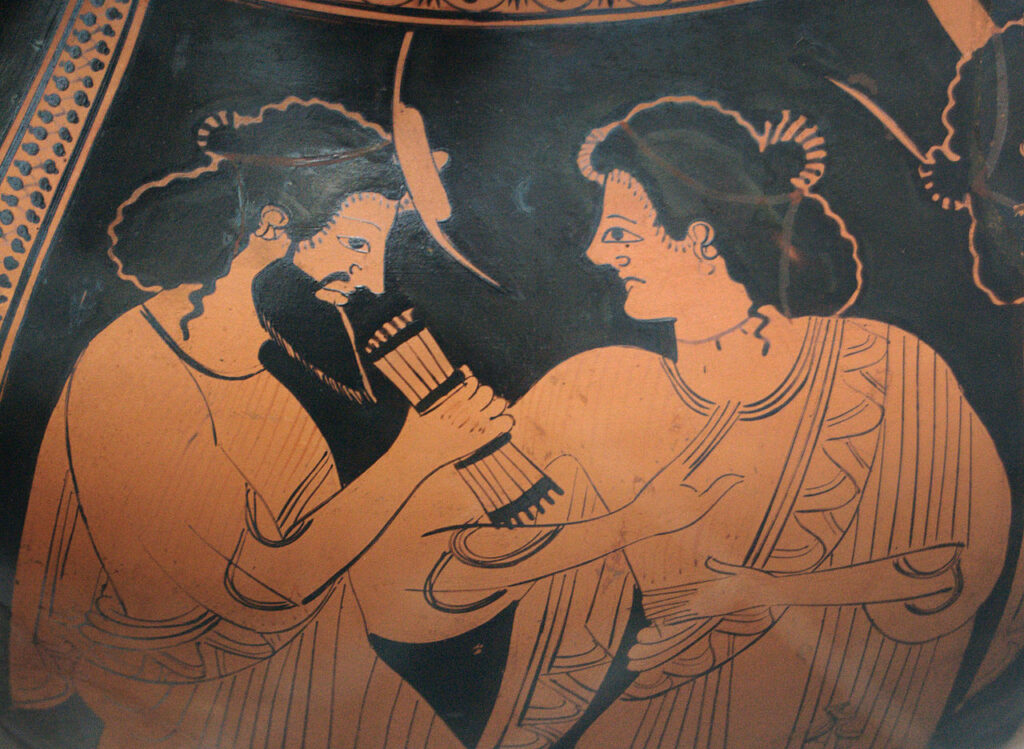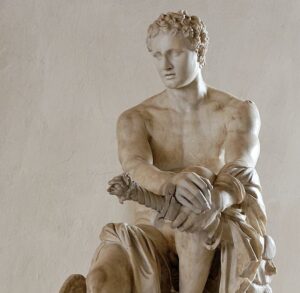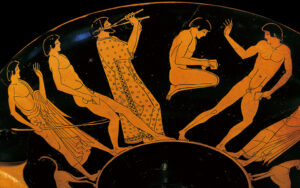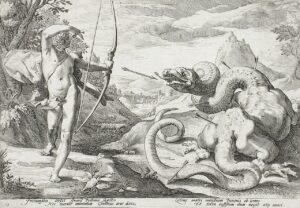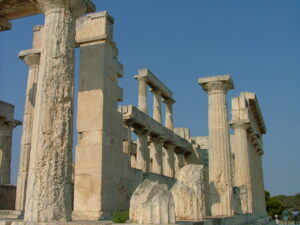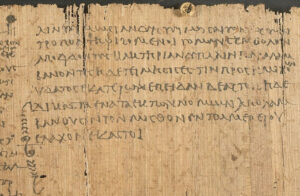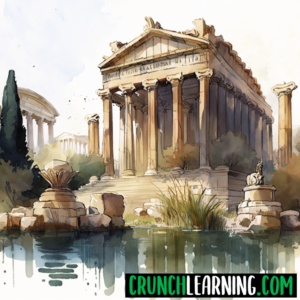1. Ancient Greek mythology is a collection of stories and beliefs that the ancient Greeks used to explain the world around them.
These myths were passed down through oral tradition and were eventually written down in epic poems and plays. They are a reflection of the culture, beliefs and religious practices of the ancient Greeks and have played a significant role in shaping Western civilization.
2. The ancient Greek gods and goddesses were believed to have control over various aspects of life such as love, wisdom, and war.
The ancient Greek gods and goddesses were also believed to have control over natural phenomena such as the weather, the sea, and earthquakes. They were often invoked in times of need and were believed to have the power to intervene in the affairs of mortals. The gods and goddesses were also believed to be immortal and had the power to shape the fate of mortals.
3. There were 12 main gods and goddesses of ancient Greece, and they were considered the most important deities in ancient Greek mythology.
Greek mythology is centered around the gods and goddesses of Mount Olympus and their interactions with mortals. The most powerful of these gods was Zeus, the king of the gods, who was also the god of the sky, thunder, and lightning. He was the ruler of the other Olympian gods, which include:
- Hera, the goddess of marriage and queen of the gods.
- Poseidon, the god of the sea and earthquakes.
- Demeter, the goddess of agriculture and fertility.
- Athena, the goddess of wisdom, warfare and crafts.
- Apollo, the god of music, poetry, prophecy, healing and the sun.
- Artemis, the goddess of the hunt and protector of young girls.
- Ares, the god of war.
- Aphrodite, the goddess of love and beauty.
- Hephaestus, the god of blacksmiths and metalworking.
- Hermes, the god of commerce, thieves, travelers and messengers.
- Dionysus, the god of wine, fertility, ritual madness and religious ecstasy.
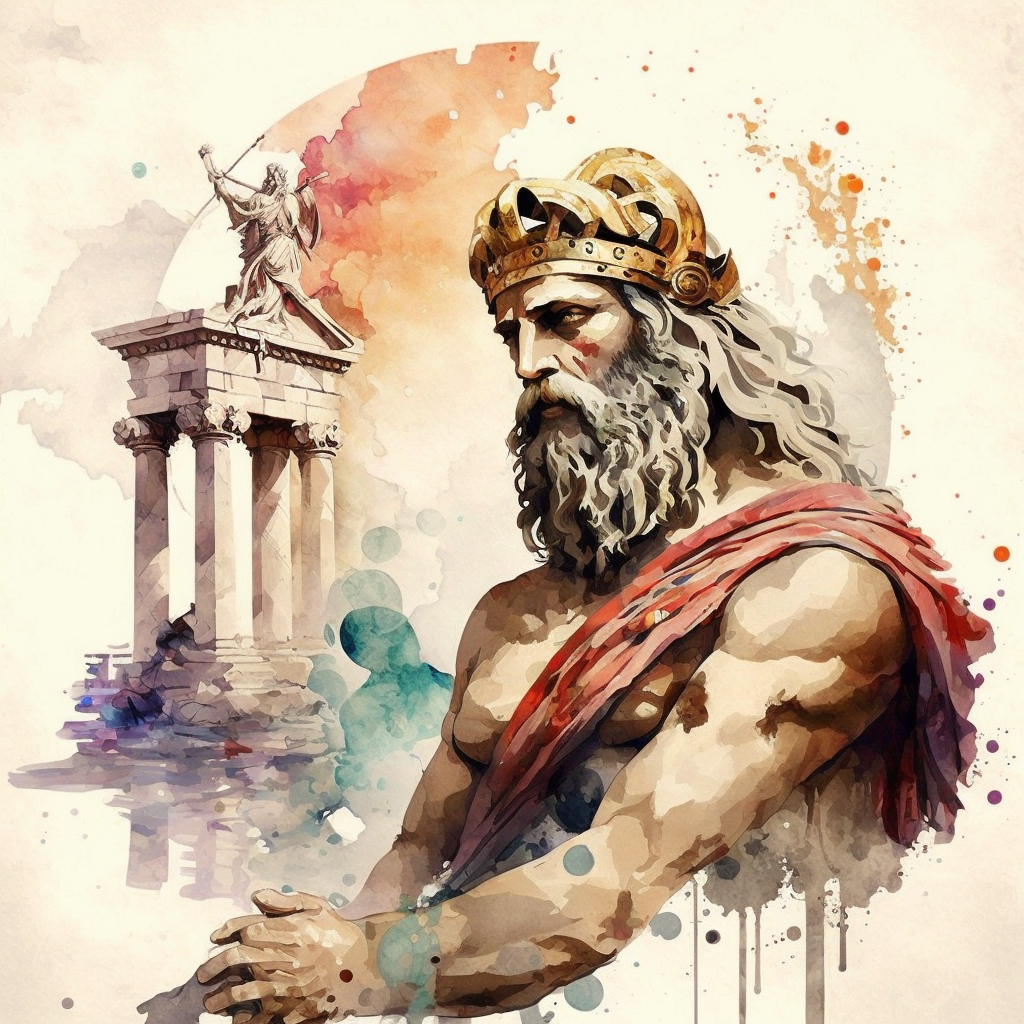
4. The ancient Greeks believed that the gods and goddesses lived on Mount Olympus, the highest mountain in Greece.
The ancient Greeks believed that the gods and goddesses lived on Mount Olympus, which was considered the center of the universe. They also believed that the gods and goddesses had the power to influence the lives of mortals and that they could be appeased with sacrifices and offerings. This was central to the beliefs of ancient Greek mythology.
5. The gods and goddesses of ancient Greek mythology were depicted in many different forms of art, such as pottery, sculpture, and paintings.
In terms of pottery, the gods and goddesses were often depicted in the form of figurines and vases, which were used in religious rituals and ceremonies. These works of art were often decorated with scenes from myths and legends, and were used to invoke the gods and goddesses in times of need. Sculptures of the gods and goddesses were created in a range of forms, from small figurines to large statues. These statues were often placed in temples and other religious buildings, where they were used as objects of worship.
Many of the statues were also used as architectural elements, such as friezes and pediments, and were often decorated with scenes from myths and legends. In terms of paintings, the gods and goddesses were often depicted in frescoes and other wall paintings, which were used to decorate temples and other public buildings. These works of art were also used to tell stories from myths and legends, and were often used to invoke the gods and goddesses in times of need.
6. The ancient Greeks believed that the gods and goddesses could intervene in human affairs, and they would often make sacrifices and pray to the gods for help.
Sacrifices were a common practice in ancient Greece and were typically made to the gods and goddesses as a form of worship. The animals that were sacrificed were usually birds, sheep, goats, or cows, and they were usually sacrificed at an altar in a temple or other religious site. Prayers were also a common practice among the ancient Greeks. People would often pray to the gods and goddesses for help in times of need, such as during a war, a natural disaster, or a personal crisis. They would also pray for good luck, success, and protection.
The ancient Greeks also believed that the gods and goddesses were capable of sending omens, such as lightning strikes, to communicate their will or displeasure. They would also consult oracles, which were typically priestesses or other individuals who were believed to be able to communicate with the gods, to seek guidance or to predict the future.
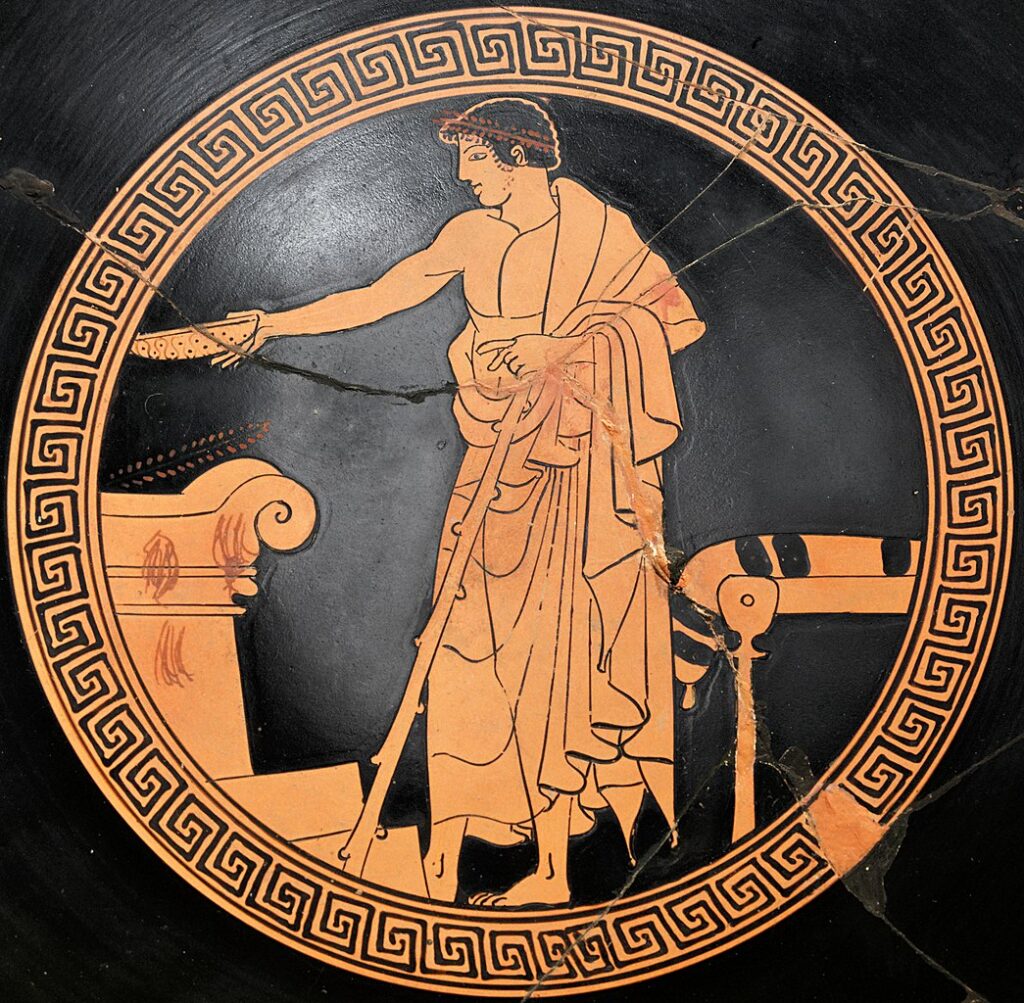
7. Many of the stories and myths in ancient Greek mythology were passed down orally, before being written down in the form of epic poetry and plays.
The oral tradition of storytelling was an important part of ancient Greek culture, and the myths and legends were passed down from generation to generation through storytellers and bards. For instance, in the 5th century BCE, the myths and legends were also written down in the form of plays, which were performed at religious festivals and other public events. These plays were written by playwrights such as Aeschylus, Sophocles, and Euripides and were performed in theaters, which were built specifically for this purpose.
8. The most famous works of ancient Greek mythology are the epic poems ‘The Iliad’ and ‘The Odyssey’, by Homer.
The earliest written records of Greek myths and legends date back to the 8th century BCE, in the form of epic poetry such as Homer’s “The Iliad” and “The Odyssey.” These epic poems were written in a form of poetry known as dactylic hexameter and were recited by bards at religious festivals and other public events.
“The Iliad” tells the story of the Trojan War, focusing on the last few weeks of the war and the anger of Achilles, one of the Greek heroes, as well as the anger of the Trojan prince Hector. The poem is considered a masterpiece of ancient literature and is known for its vivid and intense depiction of heroism, warfare, and the human condition.
“The Odyssey” tells the story of the Greek hero Odysseus and his ten-year journey home after the fall of Troy. It is an epic tale of adventure, cunning, and the power of the human spirit. The poem is known for its rich storytelling, and for its exploration of themes such as hospitality, cunning, piety, and the nature of the human experience.
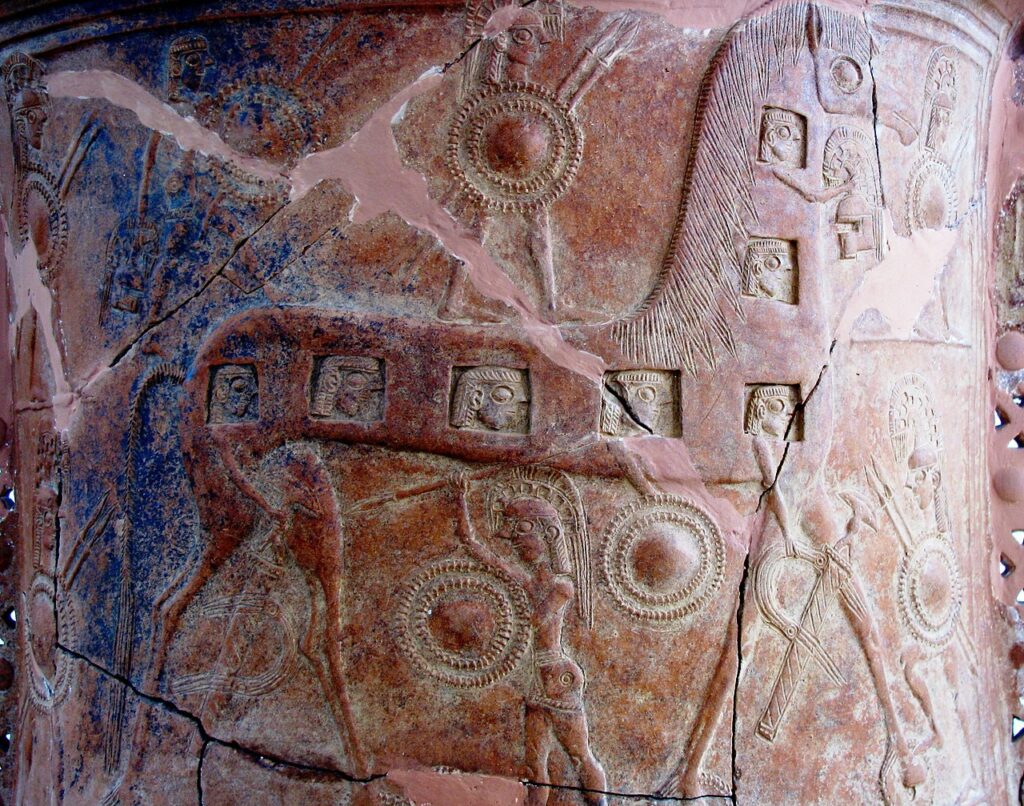
9. Ancient Greek mythology has had a lasting impact on Western culture, and many of the stories and characters from Greek myths continue to be popular today.
Greek myths and legends have been passed down through the centuries and continue to be retold in literature, art, and popular culture. Many of the stories, themes, and characters from Greek mythology are still widely recognized and have become a part of our cultural heritage. For example, the story of the Trojan War and the hero Achilles, as told in Homer’s Iliad, is still widely known and studied today. Similarly, the story of Odysseus and his ten-year journey home after the fall of Troy, as told in Homer’s Odyssey, continues to be retold in literature and film.
The gods and goddesses of Mount Olympus, such as Zeus, Hera, and Athena, continue to be popular figures in literature, art, and popular culture. They have also been depicted in various forms of media such as TV series, movies, and video games.
Many of the themes and ideas from Greek mythology, such as fate, heroism, and the nature of the gods, continue to be explored in literature, art, and philosophy. Greek mythology has also had a significant impact on the development of Western literature, art, and culture, and continues to be an important part of our cultural heritage.

